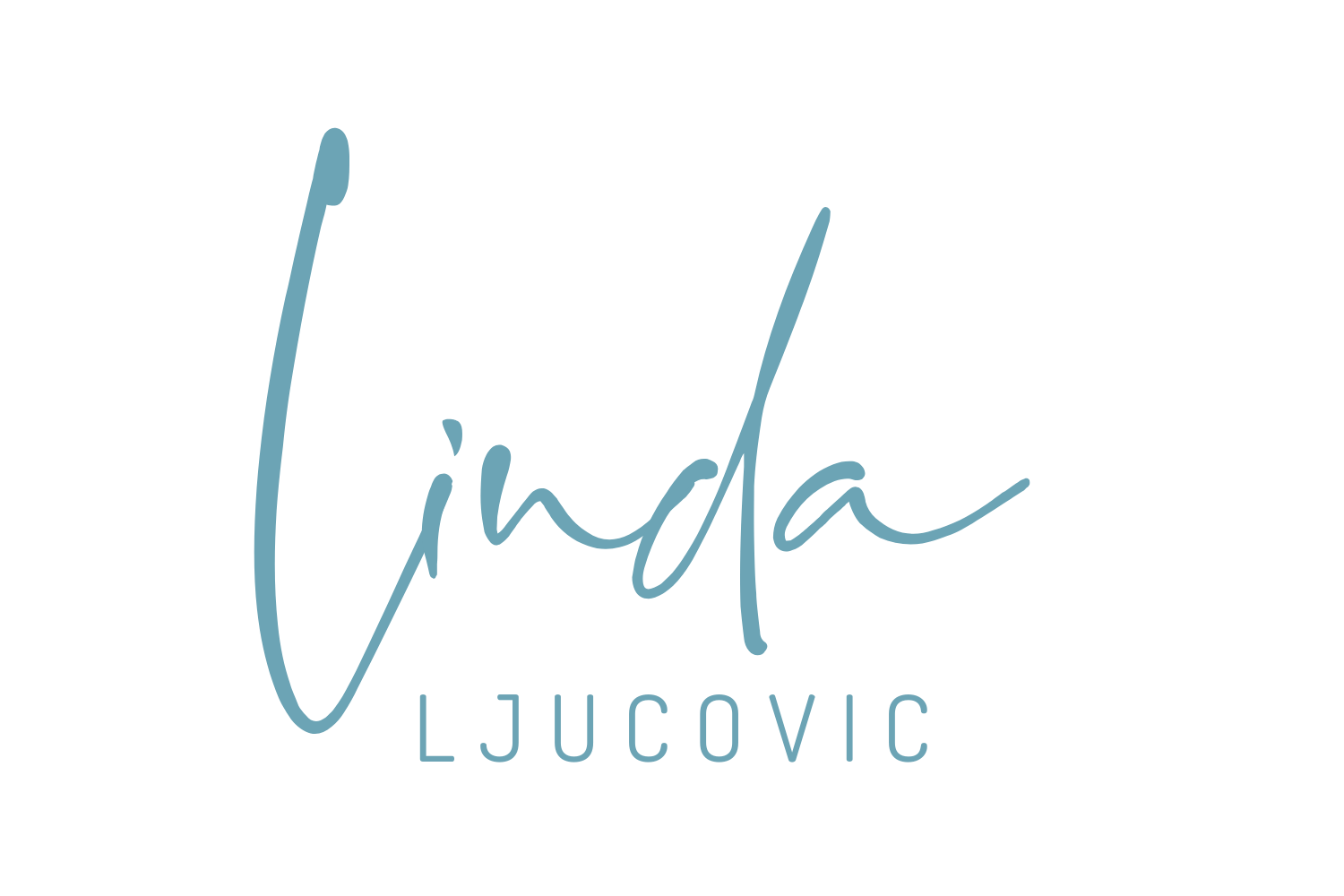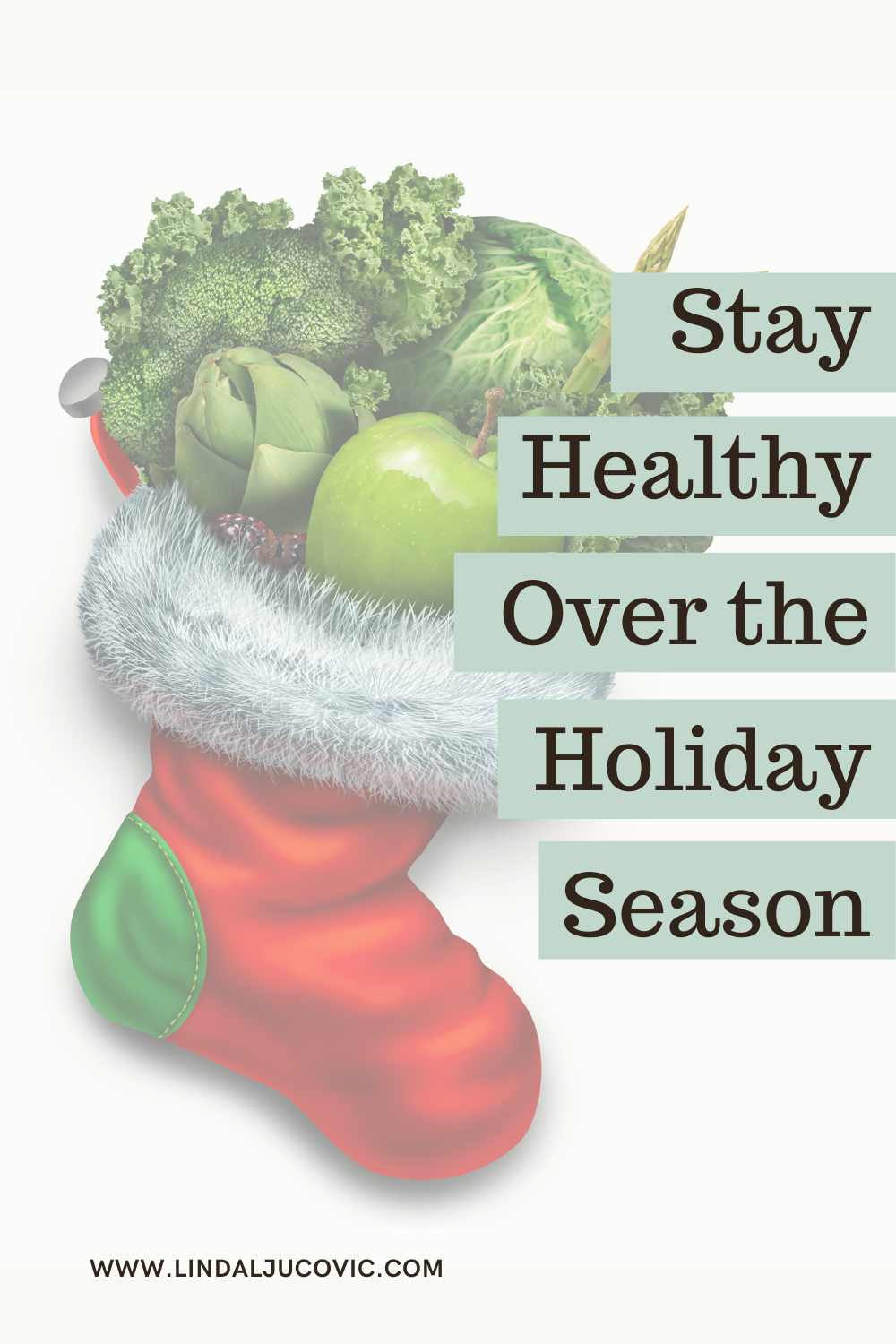10 Tips to Stay Balanced in your Eating - Gut Health
Eating should be simple...right?
Because our culture has become obsessed with quick fixes and speedy meals, ensuring that we get everything we need in the way of nutrients, vitamins, proteins and minerals, becomes a little more complex.
Why?
Processed Foods Cause Inflammation
First, eating foods that are processed, can mean that your vitamin and mineral balance can get thrown off. When a manufacturer processes a bread for example, components of the bread are taken out and then added back in, in different proportions. The result. Your body pulls those 'missing' vitamins/minerals from your tissues, bones, blood, to be able to digest correctly.
Second, many fast foods are designed to make you want to eat more! Salt, sugar and MSG to name just a few of the added culprits. When you eat more processed foods, your body feels hungry because its not getting what it needs in terms of nutrition. So you eat more...constantly looking for those missing nutrients, never feeling satiated. Think about it. After eating a bag of chips...do you crave something sweet? Or vice versa? This is an example of the body trying to balance out minerals!
Third, even our whole foods are not as nutritious as they once were. David Thomas - a geologist turned chiropractor - analyzed data from McCance and Widdowson's work. During a 51-year period, potatoes appeared to have lost 47 per cent of their copper, 45 per cent of their iron and 35 per cent of their calcium while carrots showed even bigger declines. Broccoli - a 'superfood' rich in micronutrients and cancer-busting antioxidants - suffered an 80 per cent drop in copper while calcium content was a quarter of what it had been in 1940, a pattern repeated in tomatoes.
As Thomas pointed out: 'You would need to have eaten 10 tomatoes in 1991 to have obtained the same copper intake as from one tomato in 1940.'
Fourth, our gut health has been impacted due to antibiotics found in water and food sources, not getting enough probiotics through diet, alcohol use, smoking, stress, poor sleep and lack of exercise! Read here for the studies.
Here are my top tips to stay balanced in your eating:
Consume more whole foods! Try steal cut oats instead of processed ones. Try full fat greek yogurt instead of low fat, processed varieties. Try making your own muffins like these instead of commercial granola bars. Try taking your lunch to work more often and cooking at home with simple meals like this Thai Fish Curry.
Get more prebiotic foods: Eat plenty of foods rich in prebiotic fibers, such as legumes, onions, asparagus, oats, bananas and others.
Consume more probiotics: Probiotics may increase the abundance of healthy gut bacteria. Fermented foods, such as yogurt, kimchi, kefir and tempeh, are all excellent sources. You could also start taking a probiotic supplement.
Give your body time to detox: Leave 12 hours of time where your body body doesn't not have to digest food. For example, if your last meal is at 8:00 pm, avoid eating until 8:00 am. This will allow the right amount of times to rid the body of toxins that were cleaned overnight.
Focus on foods rich in polyphenols: Good sources include blueberries, red wine, dark chocolate and green tea. Polyphenols are not digested very efficiently and often make their way to the colon, where they are digested by bacteria.
Eat at the same times (meal times) every day: Limit going too long without nutrition as this could lead to binging later in the day. Eating every 3-5 hours will ensure your blood sugar levels stay level and your body doesn't go into starvation mode.
Supplement: As mentioned above. It's hard to get what you need through diet alone. See me for a private consult to determine the best place to start. But Omega 3 essential fatty acids are a must! And a good bio-available multi-vitamin and antioxidant formula are a good place to start. Consider a digestive enzyme if you are having energy or skin issues.
Eat intuitively: Avoid labeling foods as 'good' or 'bad', unless you have an identified food sensitivity. Pay attention to what your body needs. The more whole foods you are eating, the more you will notice healthy cravings for things like salads or protein. If you are craving sugar or salt, you need more minerals! For more info on intuitive eating, click here.
Chew your food well and eat in a relaxed state: It's true. Research shows that you get more from your food when you are thinking positively about it and when you are not stressed while eating. Sit. down, say a prayer, look at your food, then chew until liquid before you swallow. Then thank your body for digesting and using the nutrition well.
Drink pure, filtered water: This really deserves the #1 spot. Did you know that the chlorine in tap water can throw off your thyroid? We carry Santevia at the office but there are other great water filtering systems to explore like Berkey and Aquasana.
Linda Ljucovic, Registered Holistic Nutritionist, Balance Point Health Centre in Oakville
If you enjoyed this post, check out these other articles on Balance:














